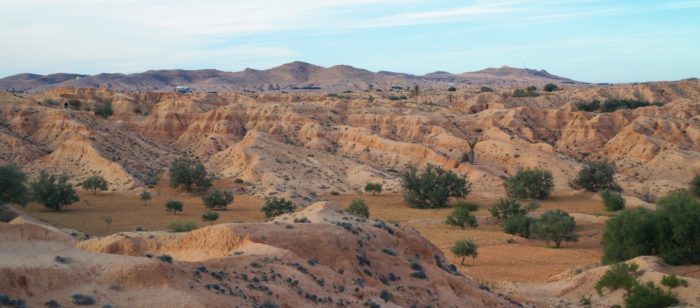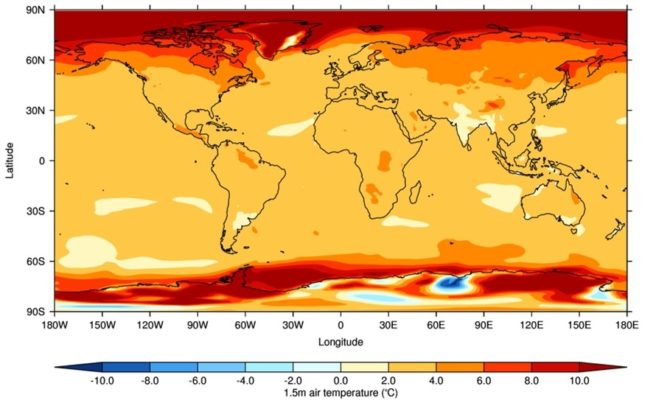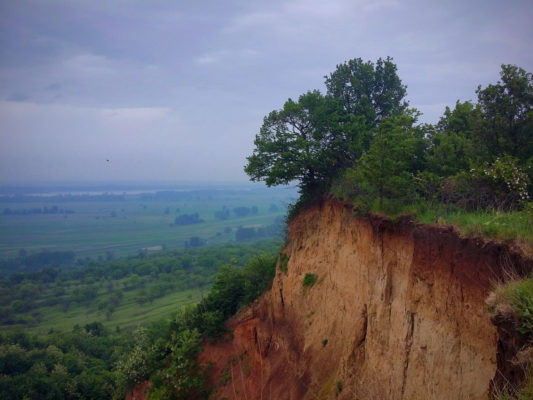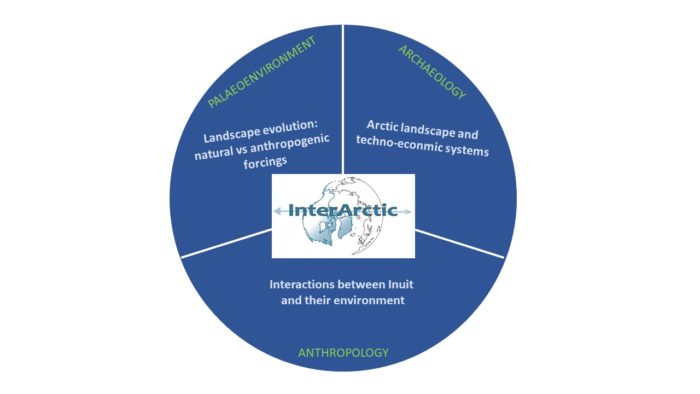Loess is a mineral, aeolian deposit with a range of definitions in literature, which class it as either a sediment, soil, or rock. Some classic texts suggest that “loess is not just the accumulation of dust” [1], and it must include additional processes such as loessification, calcification, pedogenesis, and in-situ weathering. The definition adopted depends on the scientific background and the qu ...[Read More]
Desert loess: formation, distribution, geoscientific value

Loess is an aeolian (wind-driven) silty sediment covering over 10% of the Earth’s land surface; it occurs predominantly in the mid-latitudes. On a global scale, loess is among the most widespread unconsolidated sediments, and of crucial importance for agricultural regions where loess deposits are known to form fertile soils because of its ability to store water and retain nutrients. Loess is compr ...[Read More]
InterArctic project: understanding the interaction between artic environments and societies
The InterArctic project (Fig. 1) focuses on vulnerability, resilience and adaptation of northern societies facing global change. The current rapid warming of Arctic and Subarctic climates has already produced many changes in the social, economic and cultural behaviour of the populations inhabiting these regions and more changes are expected to come. In this context, looking at the past provides th ...[Read More]
Learning lessons from the past to inform the future

A fairly recent blog post here reiterated the compelling comparison between the current COVID-19 crisis and the ongoing climate emergency, focusing on extreme events such as hurricanes, heatwaves and severe rainfall-related flooding, all of which are likely to get worse as the climate warms (Langendijk & Osman 2020). This comparison has been made by us Climate Scientists since the COVI ...[Read More]


